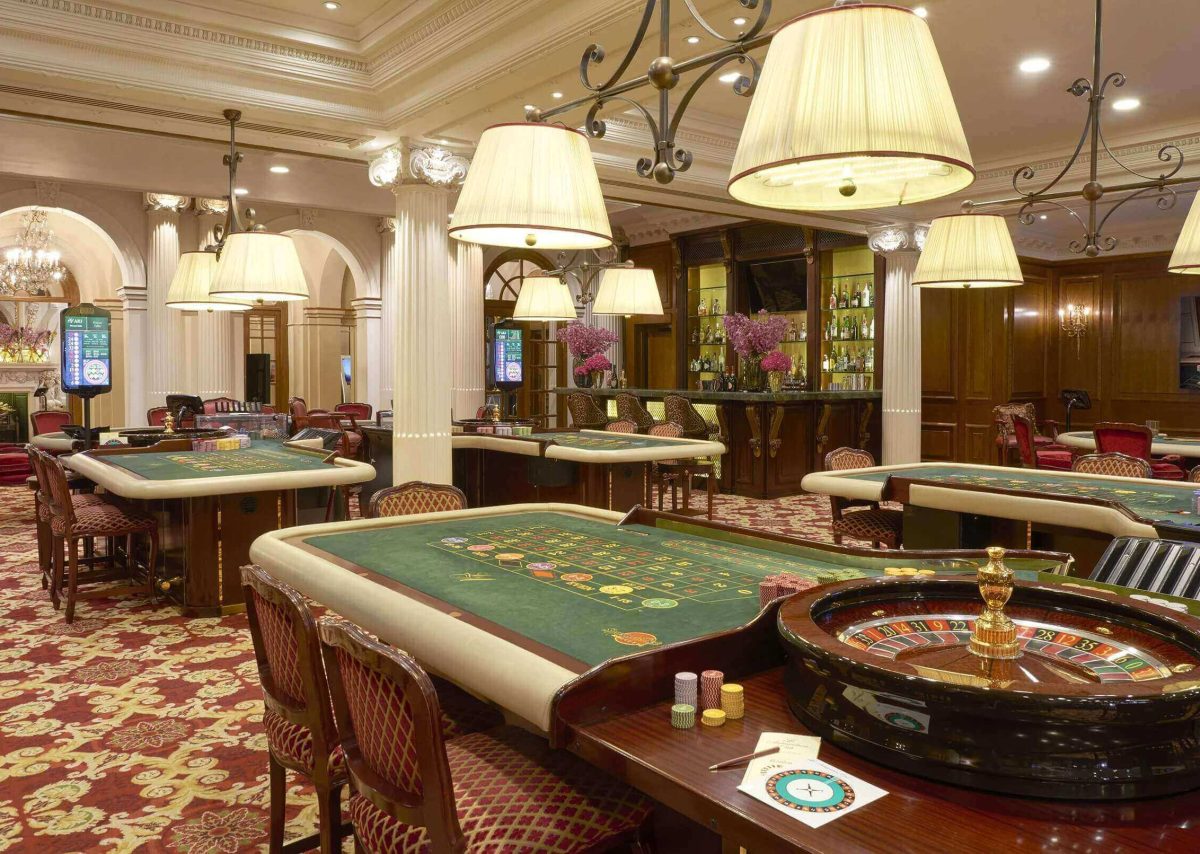Betting has been an important part of human entertainment for thousands of years, transforming through societies and eras to become the exciting casino games we know today. From the historical Chinese and Romans, who engaged in different forms of gambling and chance, to the sophisticated gaming floors of today’s casinos, the allure of risk and winning has captivated individuals across the globe. The shift from basic dice games and rudimentary betting setups to the extravagant environments of modern casinos reflects significant strides in both cultural standards and technological advancements. jun88 link 2
As societies evolved, so too did the complexity of gambling activities, with gambling activities emerging as a unique category of leisure and excitement. These activities have transformed from casual gatherings centered around wooden tables to expansive, lavish establishments designed to entice players. Today, we investigate this fascinating journey, analyzing how historical practices laid the foundation for the diverse and exciting casino games that bring pleasure to countless people worldwide.
spintax
Early Betting Practices
Wagering has profound roots in human history, with evidence of games of chance tracing back to ancient societies. Archaeologists have found that as far back as 3000 BC, the people of China were using basic forms of betting with dice made from bones. Similarly, ancient Mesopotamians engaged in betting activities, often relying on the throwing of lots or dice to determine winners. These early forms of betting served not only as entertainment but also played crucial roles in social and cultural practices.
The Egyptians also participated in betting activities, with games that included betting on the outcomes of various events, including athletic events and religious festivals. Artifacts such as dice and depictions of gamblers from ancient tombs illustrate that gambling was a common pastime. It provided both leisure and a means of engaging in social connections, often linked to festive occasions or important gatherings. This behavior revealed the universal appeal of chance and rivalry throughout history.

In ancient Rome, betting became a commonplace practice among the citizens, as shown in references in literature and the establishment of guidelines around certain activities. Romans enjoyed a variety of gambling activities, from betting on horse races to playing games similar to modern-day board games. The legal structure surrounding these activities began to take shape, establishing the foundations for betting regulations that would grow in the centuries to come. The fame of gambling during this period set the stage for the development of gambling house games in the future.
The Progression of Gambling Games
Casino games have undergone significant transformations from their roots to the contemporary entertainment selections. In ancient civilizations, gaming was often associated to ceremonial practices, with dice games found in the ancient Mesopotamian region and betting on the outcomes of events in classical Rome. These initial forms of gambling laid the groundwork for the formal games we see today. The change from informal gambling to regulated games took place as societies began establishing rules and venues for wagering, showing cultural values and practices.
The medieval period saw the emergence of card games, which gained fame among European nobility. Games like the first and baccarat became staples in social gatherings. The development of printing technology further facilitated the spread of playing cards, making them more accessible to the masses. As gambling houses began to increase, these card games evolved into adaptations that catered to wider audiences, eventually leading to the founding of casinos as exclusive venues for gaming.
The 20th century marked a significant point in the evolution of casino games, with the rise of commercial casinos in Vegas and other betting centers. This era introduced games like video slots and modern adaptations of table games, complete with high-quality graphics and detailed betting structures. The introduction of online casinos in the late 1990s also transformed the gaming industry, allowing players to access a great variety of casino games from the convenience of their homes. Today, casino games continue to evolve, blending time-honored elements with advanced technology to create captivating experiences for players around the globe.
Contemporary Gaming Laws
In these years, the landscape of gambling regulations has developed substantially, especially as tech advances and online gaming have become ever prevalent. Authorities around the globe have introduced numerous regulations and standards to make certain that gaming activities are performed equally, with responsibility, and transparently. These laws often encompass elements such as licensing, advertising, gambler safeguards, and responsible gaming measures. Authorities aim to mitigate issues such as gambling addiction and fraudulent activities while fostering a fair gaming environment.
The growth of online casinos has necessitated a fresh approach to oversight. Many jurisdictions have set up dedicated internet-based gambling frameworks that serve internet-based gaming, enabling operators to offer their offerings legally. These structures often demand operators to obtain permits, adhere to strict security standards, and provide customer support options to assist players. By vigilantly supervising online activities, regulators can better protect players from risks and ensure that gambling is conducted in a protected manner.
Furthermore, contemporary gaming laws are increasingly focusing on responsible gambling strategies. Many gaming establishments and online platforms now implement features such as player exclusion, deposit limits, and breaks to help players manage their gambling habits. Educational campaigns aimed at raising awareness about the risks of gaming are also frequent. As the industry continues to expand, the emphasis on sensible gambling continues to be a cornerstone of regulatory efforts, reflecting a commitment to encouraging a safe and enjoyable gaming experience for all gamblers.